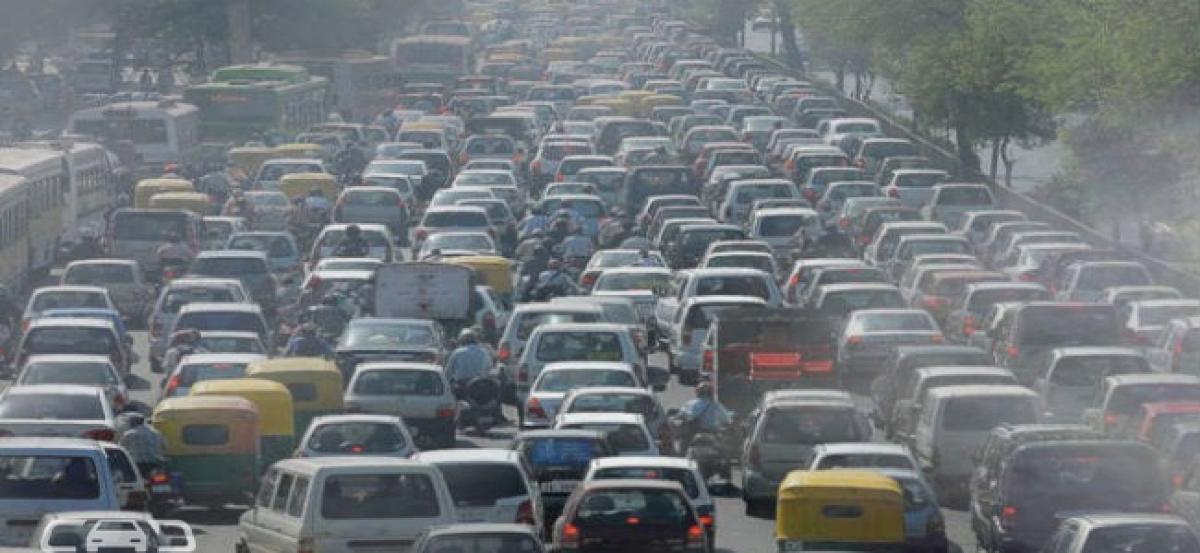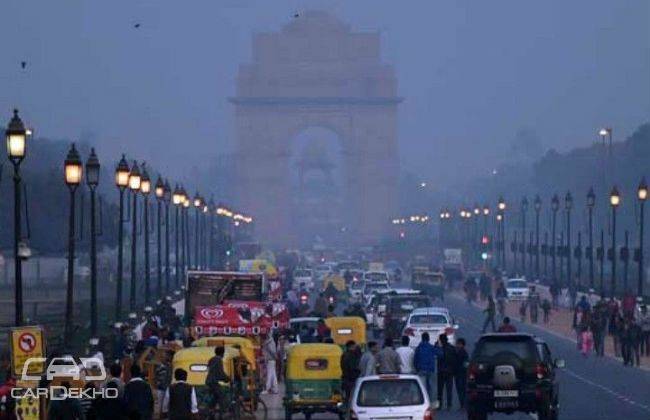Centre To Supreme Court: Banning 10-Year-Old Diesel Vehicles Is Baseless

According to a TOI report, the central government has approached the country’s honorary Supreme Court contesting the National Green Tribunal’s
In July 2016, The National Green Tribunal Ordered De-Registration And Scrapping Of Diesel Vehicles Which Were Older Than 10 And 15 Years Respectively

According to a TOI report, the central government has approached the country’s honorary Supreme Court contesting the National Green Tribunal’s (NGT) ban on diesel vehicles which have been on the road for 10 or more years. The centre reportedly highlighted that the fuel is not as polluting as being conveyed and that there is no justification to axe old diesel vehicles off the road.
Presenting their case in front of a bench of justices Madan B Lokur and P C Pant, attorney general Mukul Rohatgi and additional solicitor general Pinky Anand said that the NGT’s order had no scientific or rational basis for banning diesel-powered vehicles, and that it was against the country’s constitutional provisions.

The centre said, "Scientific literature does not show that diesel is worse off fuel than other fuels on which automobiles run in the NCR region. Petrol vehicles cause higher carbon dioxide (CO2) pollution, CNG vehicles causes higher nitrogen dioxide (NO2) pollution and diesel vehicles have higher PM (particulate matter) pollution.”
The centre further emphasized on the fact that diesel vehicles are more fuel-efficient as compared to petrol-powered ones. Also, diesel-powered vehicles emit 10-15 per cent less CO2 as compared to their petrol counterparts. To strengthen their case against the NGT’s order, the centre also highlighted that the countries European countries and Japan are actually promoting diesel-powered vehicles. Diesel vehicles can potentially save over 1.5 million tonnes of CO2 emissions per year.

“By cutting short the economic utility to be derived from a vehicle which is otherwise useful and is legally permitted, national loss as well as personal loss of livelihood and freedom of choice is being caused to the owner of the vehicle," the centre added.
Tackling the issue of air pollution has been nothing short of a nightmare in the country’s capital. Even after initiatives like odd-even rules and car-free days, Delhi’s government hasn’t seen the anticipated results in controlling or bringing down the toxic air pollutants. Bringing science into the equation and proving what fuel is better is not the need of the hour. The simple fact of the matter is that whether it’s CNG, petrol or diesel, all kinds of flammable fuels will have some kind of toxicity in its emissions.

If India wants to follow footsteps of developed nations to try and bring the air pollution levels down, it must invest and promote in developing infrastructure for hybrid and eventually all-electric vehicles. Many carmakers around the world are investing billions of dollars in research and development for environment-friendly vehicles and joining hands with one or more of them shouldn’t be a daunting task for India.
Source: cardekho.com

